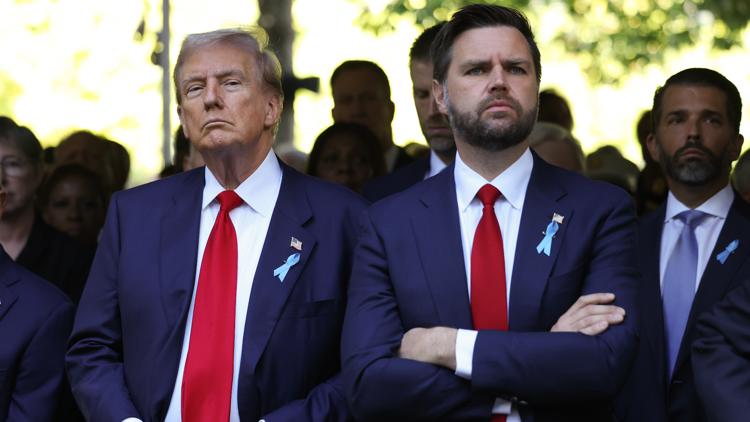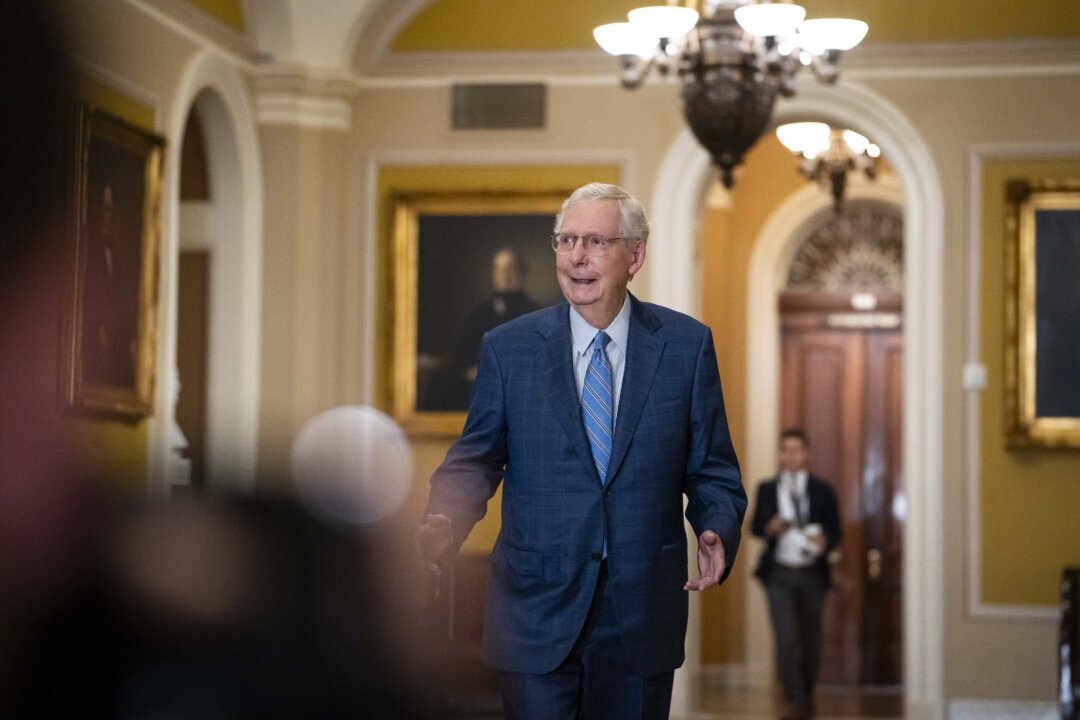
Chinese President Xi Jinping has vowed to work with Donald Trump's incoming US administration as he held his final talks with outgoing President Joe Biden on key conflicts from cyber crime to trade, Taiwan and Russia. or signup to continue reading Biden met Xi for about two hours at a hotel where the Chinese leader was staying, on the sidelines of the Asia-Pacific Economic Cooperation (APEC) forum in Lima, Peru, for their first talks in seven months. "China's goal of a stable, healthy and sustainable China-US relationship remains unchanged" following the election, Xi said, acknowledging "ups and downs" between the countries.
"China is ready to work with the new US administration to maintain communication, expand co-operation and manage differences." Biden told Xi the two leaders haven't always agreed but their discussions have been "frank" and "candid". The leaders also agreed that human beings and not artificial intelligence should make decisions over the use of nuclear weapons, according to the White House.
"The two leaders affirmed the need to maintain human control over the decision to use nuclear weapons," the White House said in a statement. "The two leaders also stressed the need to consider carefully the potential risks and develop AI technology in the military field in a prudent and responsible manner." The talks come two months before Trump assumes office.
He has vowed to adopt blanket 60 per cent tariffs on US imports of Chinese goods as part of a package of "America First" trade measures. Beijing opposes those steps. The president-elect also plans to hire several hawkish voices on China in senior roles, including US Senator Marco Rubio as secretary of state and Representative Mike Waltz as national security adviser.
Biden has aimed to lower tensions with China, but Washington is incensed by a recent China-linked hack of the telephone communications of US government and presidential campaign officials, and it is anxious about increasing pressure by Beijing on Taiwan and Chinese support for Russia. Taiwan President Lai Ching-te is planning to stop in the US state of Hawaii and maybe Guam on a sensitive visit that is sure to anger Beijing in the coming weeks, Reuters reported on Friday. Meanwhile, Biden met Taiwan's representative at the summit, former economy minister Lin Hsin-i, who on Friday invited him to visit Taiwan in the near future.
China views democratically governed Taiwan as its own territory. The US is Taiwan's most important international backer and arms supplier, despite the lack of formal diplomatic recognition. Biden also wants China's help with North Korea, whose deepening ties with Russia and deployment of troops there has worried Washington.
At the same time, Beijing's economy is taking a stiff hit from Biden's steps on trade, including a plan to restrict US investment in Chinese artificial intelligence, quantum computing and semiconductors and export restrictions on high-end computer chips. All of those topics are expected to figure into the talks, US officials said. China routinely denies US hacking allegations, regards Taiwan as an internal matter and has protested American statements on Sino-Russian trade.
A spokesperson for the Chinese Embassy in Washington declined to comment. "When the two countries treat each other as partner and friend, seek common ground while shelving differences and help each other succeed, our relationship would make considerable progress," Xi said as he met with Biden, according to a simultaneous translation. "But if we take each other as rivals or adversary, pursue vicious competition, and seek to hurt each other, we would roil the relationship or even set it back.
" Shen Dingli, a Shanghai-based international relations scholar, said China wants the meeting to ease tensions during the transition period. "China definitely does not want relations with the United States to be thrown into turmoil before Trump formally takes office," said Shen. Advertisement Sign up for our newsletter to stay up to date.
We care about the protection of your data. Read our . Advertisement.














